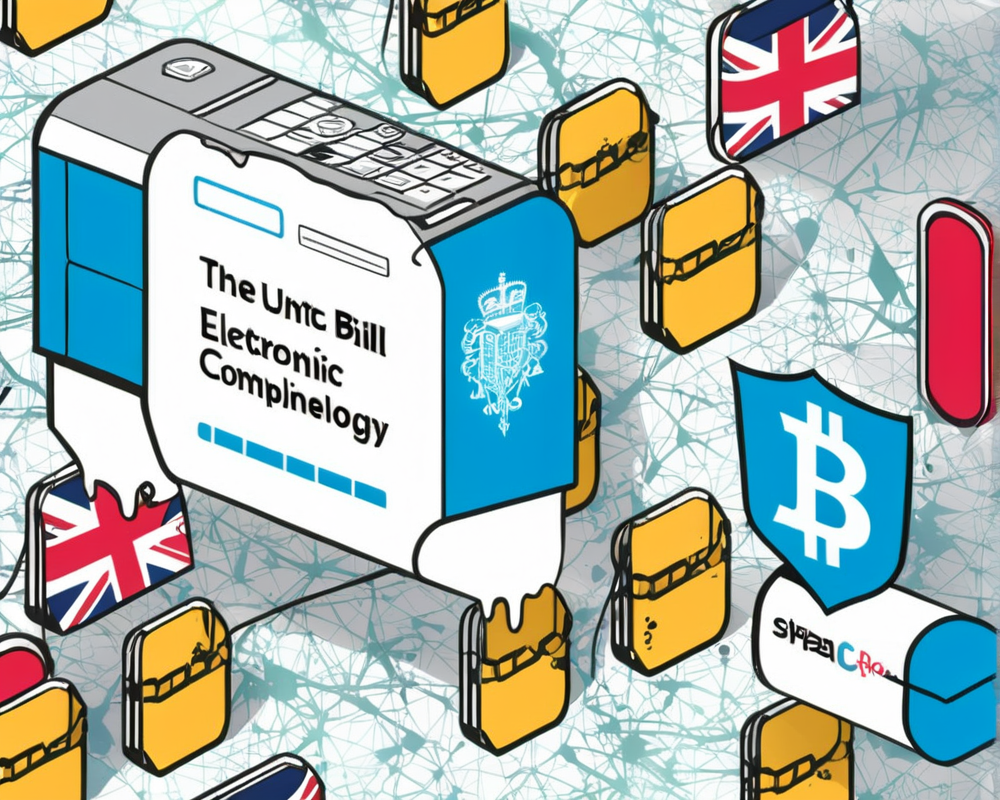Progressive Legislation for Digital Trade
In a significant move towards modernizing trade practices, members of the United Kingdom’s House of Lords have introduced the Electronic Trade Documents Bill. Announced on October 12 by MP Michelle Donelan and the U.K. Department for Digital, Culture, Media and Sport, the legislation aims to eliminate reliance on paper trade documents and recognize digital documentation for trade purposes, potentially paving the way for blockchain technology usage in tracing records.
Improving Security and Compliance
The government highlighted that the adoption of electronic trade documents could enhance security and compliance by simplifying the tracing of records using blockchain and distributed ledger technology. It cited findings from the World Economic Forum, emphasizing that international trade has historically depended heavily on physical documents that must be transferred in person.
Environmental Benefits and Efficiency
According to Donelan and the digital department, the new bill could potentially reduce carbon emissions associated with paper documentation by at least 10%. The U.K. currently processes approximately 28.5 billion paper trade documents daily; thus, digitizing these processes is anticipated to not only cut down on emissions but also improve efficiency in processing times. If the bill is passed, businesses would be able to provide electronic copies of various trade documents, such as promissory notes and cargo insurance certificates.
Political Support and International Interest
The proposal comes with strong backing within Parliament, notably from the Lord Privy Seal of the House of Lords, who introduced the bill. The conference attendees observed that this legislation has captured international attention, with numerous global parties watching closely to see how it develops and its potential impact on trade.
Economic Climate and Cryptocurrency Outlook
In the backdrop of potential economic uncertainty following a scrapped tax cut plan that affected the value of the British pound, Prime Minister Liz Truss’s administration has emphasized the need for cryptocurrency integration. Truss has previously stated the U.K. should welcome cryptocurrencies in a manner that fosters their potential while maintaining a focus on regulatory clarity.
Conclusion
As the U.K. takes steps towards embracing digital trade solutions, the Electronic Trade Documents Bill represents a pragmatic evolution in the country’s approach to modernize its trading framework. By leveraging blockchain technology, the U.K. aims to enhance both security and efficiency in trade, while also making strides towards a more sustainable future.




